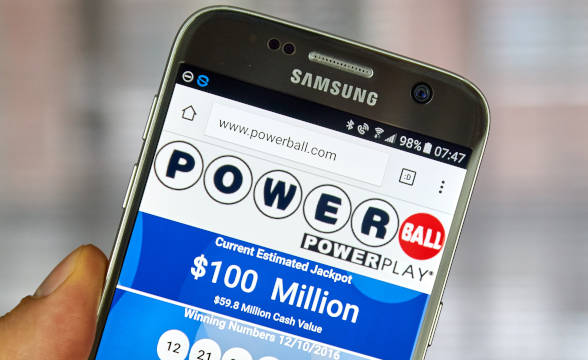The Powerball lottery jackpot has ballooned to $1.5 billion, which is the fifth-largest lottery jackpot in US history. This comes only three months after a ticket for the said game, which had been sold in Pennsylvania, won the $200 million cash award.
Lottery players across the US continue to spend their money on tickets hoping to match all six winning numbers until someone is lucky enough to have all the numbers to win the jackpot.
A Negative Impact on Low-income Communities
However, according to the critics, the appetite for getting rich by winning the jackpot in question has its dark side. The state-run lotteries often have a negative impact on minorities and low-income groups.
In an interview with NPR, Les Bernal, national director of an advocacy nonprofit organization called Stop Predatory Gambling, commented that state lotteries were the most “neglected example of systemic racism” in the US. He said that the aforementioned lotteries do have some good marketing and advertising, but do not have regulations on their damaging practices, which affect low-income communities, especially those made up of brown and black people.
Timothy Fong, co-director of the Gambling Studies Program at the University of California, Los Angeles, stated that some people do develop a gambling addiction. He said that pro-lottery advertising and marketing could be seen almost everywhere and comes with very positive messages.
Big Jackpots Set the Norm
According to The Associated Press, through the years, giant jackpots like those of Powerball and Mega Millions have become a standard given that lottery officials adapted the game rules and the prices of tickets for its players in 2022. In August, Powerball officials added one more drawing day to increase the prizes and sales, respectively.
Communities of color and modest income are the subjects of the so-called “predatory gambling”. A survey indicates that in 2021, citizens of the US spent almost $105 billion on lottery tickets. A first-of-its-kind nationwide investigation of state lotteries conducted by the Howard Center for Investigative Journalism at the University of Maryland indicates, “state lottery retailers are disproportionately grouped in lower-income communities.”
In some US states, surveys show that there are state lottery retailers mainly in the black and Latino neighborhoods.
Retailers or States
Fong, who studies the clinical characteristics of gambling disorders, stated that some gambling sector practices are undoubtedly designed to take advantage of the communities that are exposed to risk. He commented that firstly government regulatory authorities should identify who is responsible for ceasing these practices, which affect vulnerable communities – retailers or states.
When the state-run lotteries were first launched in the US, their original premise consisted of raising funds for education or maintaining roads and parks, as stated by the American Institute for Economic Research. However, the investigation of the Howard Center identified that the state lotteries failed to keep their promise of supporting education. On the contrary, they often create disproportionateness by benefiting wealthier school districts instead of supporting those in need.


